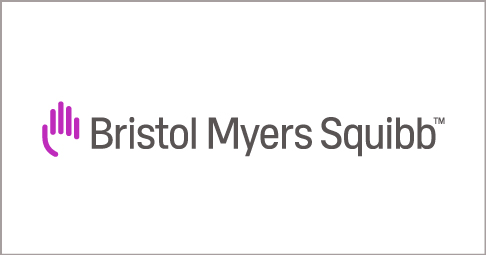Access management
We’ve developed specific programs and partnerships to help manage access to our medicines in a variety of ways and in many parts of the developing world. We also maintain and expand access through technology transfer agreements covering many developing world nations.
Hepatitis C (HCV) Developing World Strategy: In 2014, we announced our approach to help increase access to one of our hepatitis C (HCV) medicines, DAKLINZA™ (daclatasvir), in the developing world. The strategy included tiered pricing and voluntary licensing, and required a coalition of multisectoral stakeholders to work together to address HCV. Read more about our HCV Developing World Strategy.
HIV Global ACCESS Program: Since 2000, we’ve operated a multifaceted program designed to improve access to HIV medicines in countries most significantly impacted by the pandemic but with the fewest resources to combat it.
The program rests upon three pillars:
- Antiretroviral pricing that reflects no profit for the company in sub-Saharan Africa and low-income countries
- An HIV medicines patent policy that reflects a commitment to access through generic manufacturer participation in many countries
- Partnering with others who share in a commitment to the fight against HIV/AIDS
The goal of this program is to enable broad access to our HIV medicines in regions most severely impacted by HIV and with limited ability to pay. VIDEX® (didanosine), ZERIT® (stavudine) and REYATAZ® (atazanavir) are currently available through the Bristol Myers Squibb Global Access Program.
At the same time, we continue to focus our R&D efforts across a number of HIV/AIDS programs and work with healthcare authorities worldwide to help ensure appropriate access to current therapies. Procurement groups that participate in the HIV Global ACCESS program include the Clinton Foundation, UNICEF, the International Development Authority, the Partnership for Supply Chain Management, Medecins Sans Frontieres and other global, regional and local organizations.
Other resources:
HIV Global ACCESS Policy Statement
Direct Import Program: In general, a drug may not be sold or otherwise distributed (outside of clinical trials or an Expanded Access Program - EAP) in a country before a marketing authorization for that drug is obtained in that country. However, there are regulatory mechanisms where approved medicines marketed in one country can be purchased and imported by a healthcare professional, an institution or another legally authorized entity under special license in the country of import. We call these mechanisms Direct Import mechanisms.
In general, the company may make drugs available through Direct Import if the following criteria are met:
- the request for the Direct Import is unsolicited;
- the request is made by an authorized requester who orders and/or uses the Bristol Myers Squibb drug;
- the patient for whom the request is made is not eligible to participate in any Bristol Myers Squibb clinical trial or EAP;
- the request is for an individual patient or a group of patients with a prescription;
- fulfilling the request is compliant with applicable laws and regulations in the exporting country and the importing country.
If you require further information regarding Bristol Myers Squibb Direct Import Programs contact BMS Medical Information.
| Submit a request here for access to a Bristol Myers Squibb medicine through the Direct Import pathway. Please select ‘Bristol Myers Squibb Direct Import’ in the drop-down for Areas on Interest. Requests must be submitted by a healthcare professional. |
Expanded Access to Investigational Medicines: We provide access to certain investigational therapies for patients with serious or life-threatening diseases through our Expanded Access program. The program is designed to provide these therapies to patients who have exhausted all other treatment options and for which there is no clinical trial available to them. Decisions about expanded use of our investigational medicines are made after considerable thought.
Post-Study Drug Program: This program serves the needs of former clinical study subjects who have serious and/or life-threatening diseases. To be eligible, an individual must have a serious and/or life-threatening disease state; complete a Bristol Myers Squibb-sponsored clinical trial (excluding Early Access or Expanded Access and Compassionate Use programs and studies that are terminated early); be clinically benefiting and medically stable on the regimen; and be in financial need. The medicines a patient will be eligible to receive through the program are limited to those used in the clinical trial and that are marketed locally. Investigational products are not supplied through the Post-Study Drug Program.
